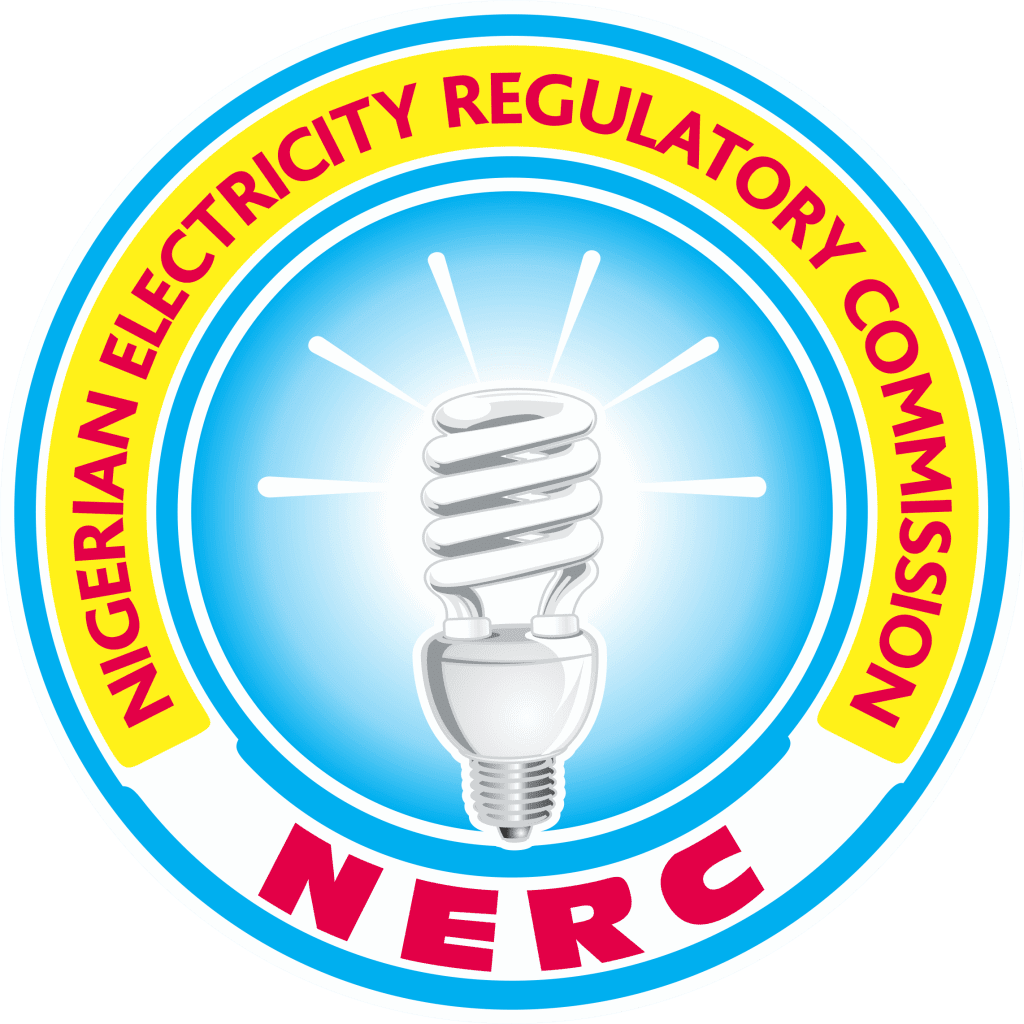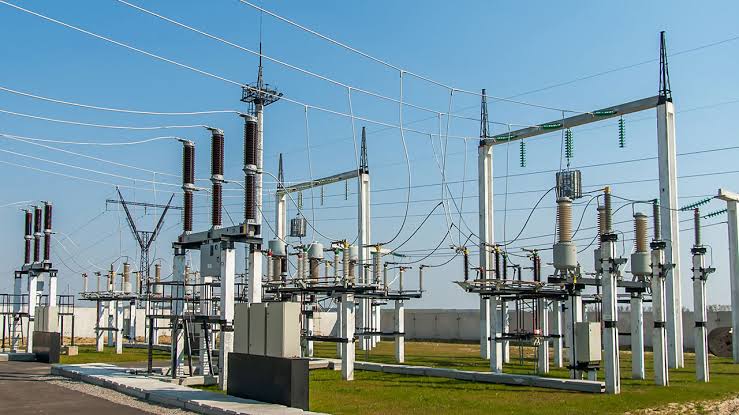
Nigeria’s Electricity Regulator, the National Electricity Regulatory Commission (‘the Regulator’) has indicated an intention to revoke the licenses of the following Distribution Companies (Discos);
a. Abuja Electricity Distribution Company Plc (‘AEDC’)
b. Benin Electricity Distribution Company Plc (‘BEDC’)
c. Enugu Electricity Distribution Company Plc (‘EEDC’)
d. Ikeja Electric Plc (‘IE’)
e. Kaduna Electricity Distribution Company Plc (‘KAEDCO’)
f. Kano Electricity Regulatory Distribution Company (‘KEDCO’)
g. Port Harcourt Electricity Distribution Company Plc (‘PHEDC’)
h. Yola Electricity Distribution Company Plc (‘YEDC’)
b. Benin Electricity Distribution Company Plc (‘BEDC’)
c. Enugu Electricity Distribution Company Plc (‘EEDC’)
d. Ikeja Electric Plc (‘IE’)
e. Kaduna Electricity Distribution Company Plc (‘KAEDCO’)
f. Kano Electricity Regulatory Distribution Company (‘KEDCO’)
g. Port Harcourt Electricity Distribution Company Plc (‘PHEDC’)
h. Yola Electricity Distribution Company Plc (‘YEDC’)
The Notice which was issued on October 8, 2019 gave the affected Distribution companies (‘Discos’) a period of 60 (sixty) days to ‘SHOW CAUSE’ why their respective distribution licenses should not be cancelled. The Regulator has predicated its reasons for this action on the affected Discos’ manifest and flagrant breaches of the EPSRA, terms and conditions of their respective distribution licenses and the Order.
The intention of the Notice regardless, this has generated industry debate, concerns, insinuations, permutations and expression of investment concerns, most of which centre around the powers of the Regulator to revoke the licenses of the Discos, the yardsticks for the determination of the Discos selected for the sanctions, whether the yardstick for the revocation took into consideration the peculiar challenges of the Discos’ operational areas, the determination of the collateral effect of the revocation on ongoing projects of the Discos (incidentally coordinated by the NERC), and the post-revocation transfer of the services of the Discos, whether to the government (loosely known as nationalization) or to other companies.


This Issue will therefore focus on the powers of the Regulator to issue the October 8, 2019 Notice to Show Cause, the legality or otherwise of it and in Issue II, carry out a surgical analysis of the allegations against the Discos, the consequence(s) of the Regulator’s action on investment and the option(s) open to the Regulator.
A cursory look at the Notice issued by NERC, especially under the “Particulars of Non-Compliance”, establishes the two major grounds upon which the proposed revocation is predicated;
a. The failure of the Discos to comply with expected remittance threshold to Nigerian Bulk Electricity Trading Company (NBET) for the billing cycle. Essentially, the failure of the affected Discos to meet their debt obligation to the Generation companies (GENCOs); thereby creating a cyclic debt within the electricity distribution value chain; and
b. The alleged failure “to provide the minimum financial securitization of their payment obligation to NBET i.e., “an adequate and unencumbered letter of credit covering three months based on their minimum payment obligation to NBET and MO” that would have addressed the compliance failure.
The matter of revocation of a license is an issue of law, for which the Electricity Regulator is expected to be staunchly guided by its enabling Statute; the Electricity Power Sector Reform Act 2005 and subsidiary legislations made thereto. Section 69 of the EPSRA 2005 provides that for a license to be revoked under the following condition-precedents:
a. Issue a notice to the licensee of its intention to revoke;
b. Offer the licensee 60 days from the date of the licensee’s receipt of the notice to show cause why the license should not be revoked;
c. Communicate its decision to the licensee after the expiration of the notice period. From all indications and contrary to the news of revocation making the rounds, the NERC is still in the first stage of the process.
Whereupon the expiration of the 60-days’ notice and depending on the representation made by the affected Utilities, the following options will be open to the Regulator:
a. Maintain the status quo by not revoking the license of the Discos;
b. Amending the conditions for the continued use of the Discos;
c. Revocation of the license and assignment of same to another entity at a particular period.
It is with these in mind that the provision of Section 74 (3) of the EPSRA characterizes the Notice issued by the NERC, as an Order Nisi which will be made Absolute if no reasonable cause, in the sole opinion of the NERC, is made. The section provides that Commission shall notify the licensee in writing of its intention to cancel the licence concerned and the reasons for doing so, and shall allow the licensee an opportunity to demonstrate, within 60 days following the delivery of such a notification, that circumstances have changed such that cancellation may no longer be warranted. The burden to therefore justify why the license should not be cancelled or revoked is with the Discos. In other words, the affected Utilities must demonstrate a change in circumstance which may necessitate a review of its (NERC) position.
Furthermore, the provisions of Section 69(2) of the EPSRA 2005 empowers the Regulator to regulate the shareholding structure of a company to whom license has been issued. Consequently, the Regulator issued the Order NERC/LLE/ACTT127 of 2013 mandating all licensees to obtain approvals from the NERC before assigning the license or undertaking to a third party, or before changing the shareholding structure of the licensed entity. This provision gives the Regulator the allowance to impose on the Discos a mandatory change of the board of the Discos as an additional ground for the continuous use of the license by the Discos.


It will be recalled that sometimes in 2009, the Governor of the Central Bank of Nigeria leveraged on his powers under the Banks and other Financial Institutions Act (‘BOFIA’) to force the sack of the members of the board of five commercial banks. Under similar circumstance of the revocation of the licenses of the Discos, it would appear that pursuant to the wide powers of the Regulator per section 73(5) of the EPSRA, it may be able to compel the change of the board of directors of the licensed entities or even compel the compulsory acquisition of the shares of the Discos. This is very wide discretionary power of the Regulator.
Wide discretionary powers are a strong tool in the hands of regulators and the Court would not interfere especially where the regulatory body is able to demonstrate that it acted in good faith, was not influenced by irrelevant considerations a duty to act reasonably; did not act ultra vires, that is, outside the precinct of its statutory powers.
The above notwithstanding, the question as to the rationale underpinning the various power intervention funds from the Central Bank of Nigeria, the more recent bilateral contractual relationships created between the various Discos and the respective Meter Asset Providers (MAPs) and supervised by the Regulator all appear to suggest that the Regulator’s most recent action may be viewed as an antithesis to these various interventions.
Issue Two of this article will consider in more details the various alleged infractions of the Utilities and the consequence(s) of a revocation of the licenses (assuming the affected Utilities are not able to provide sufficient reason why the license should not be revoked). Nationalization appear to be a possible consequence. Whether the government intends to tow this part; whether the law allows it and if so, whether it has/will have any effect in investor confidence, are all matters that will be exhaustively addressed in the concluding part of this paper.
By:
Tolu Aderemi, Partner Energy & Infrastructure, Perchstone & Graeys LP
Temidayo Adewoye, Associate, Energy & Infrastructure Team.
